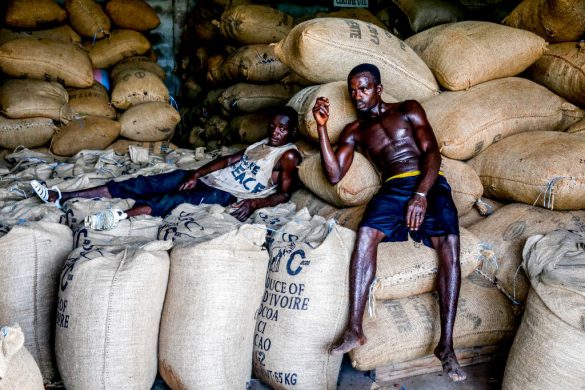Omkring 2.000 repræsentanter fra 150 regeringer, oprindelige folk, virksomheder og civilsamfundet er samlet i disse dage til CITES konference i Bangkok i Thailand. De skal bl.a. forsøge at finde måder at stoppe krybskytteri og ulovlig handel med truede dyrearter.
NEW YORK, 3 March 2013: At the conference of the Convention on International Trade in Endangered Species of Wild Fauna and Flora (CITES), delegates will examine some 70 proposals to amend the current wildlife trade system, which has been in place for 40 years.
Stor global tilslutning
With 176 Member States, CITES is one of the world’s most powerful tools for biodiversity conservation, regulating international trade in close to 35,000 species of plants and animals, including their products and derivatives, ensuring their survival in the wild with benefits for the livelihoods of local people and the global environment.
Throughout the conference, which ends on 14 March, governments will consider 70 proposals submitted by 55 countries from across the world seek to improve the conservation and sustainable use of marine species – including several shark species – the vicuña population of Ecuador, polar bears, African elephants, white rhinos, freshwater turtles, frogs, crocodiles, ornamental and medicinal plants and many other species.
Delegates will also discuss how CITES can further enhance efforts to combat the illegal trade in elephant ivory and rhino horn; the potential impacts of the Convention’s measures on the livelihoods of the rural poor, who are often on the frontlines of using and managing wildlife; and whether the Convention should request the Global Environment Facility (GEF) to serve as its financial mechanism for CITES, among other measures.
Læs pressemeddelelsen her: http://www.un.org/apps/news/story.asp?NewsID=44269&Cr=wildlife&Cr1=#.UTXIyaVsuj5
Læs videre fra: “As over-exploitation of the world’s critical natural resource base….”














